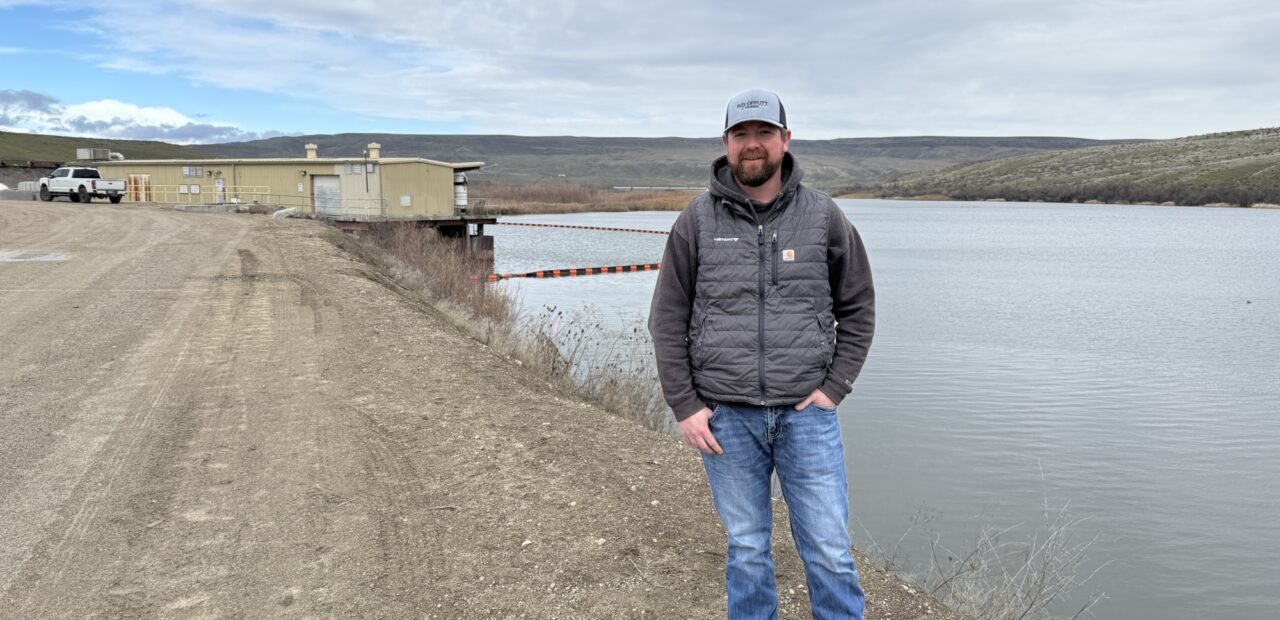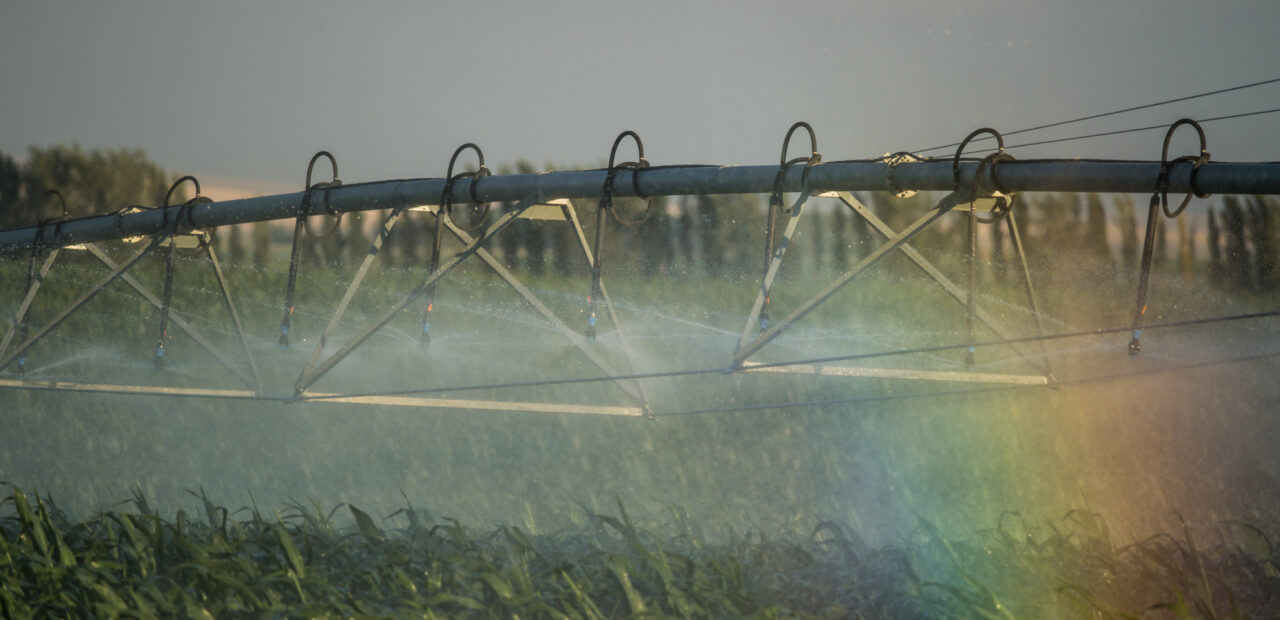Reflecting on Threemile’s Innovative Water Management for World Water Day
| Posted in: Land Sustainability & Stewardship
Since Threemile Canyon Farms first started operating over a quarter of a century ago, we have placed a strong focus on how we can use cutting-edge technology to improve our water use efficiency. We consider it a privilege to irrigate from the mighty Columbia River, and our team has always worked to maximize every single drop. We do this in the fields with the crops we grow, and we do this in our dairy by working to recycle water through our closed-loop system.
Responsible water practices are at the core of our commitment to being stewards of the land and continuing to pioneer sustainable farming.
To celebrate World Water Day on March 22nd, we think it’s a good time to share some of the ways our team controls our water usage, from conservation and reuse to irrigation and technology.
Maintaining the highest standards

In addition to adhering to all regulations to protect surface and groundwater from organizations like the Environmental Protection Agency, Oregon Department of Environmental Quality, and Oregon Department of Agriculture, Threemile strictly adheres to a zero-discharge requirement. This means that the waste that comes from our animals never enters streams or groundwater sources.
Reduce, reuse, recycle

Reusing wastewater is an essential component of our closed-loop system and all non-potable water is recycled and reused in a variety of ways. For example, the water we use to flush waste and keep our dairy clean is collected and processed for use in our irrigation system. This cycle is typically completed a total of seven times! This recycled “green water” is applied to fields on a circle-by-circle basis to naturally fertilize organic and feed crops. By using our recycled green water, we are able to significantly reduce the amount of traditional fossil fuel-based fertilizer we apply to the soil.
Continuously improving

Technology also plays an important role in how we farm sustainably, and our irrigation team is constantly seeking out new tools to improve efficiency.
“Every fall we evaluate how efficient we as irrigators and farmers irrigated that season. We look at efficiencies on the pumps and motors, the pivots, the pipelines, the sprinklers on the pivots and the practices we used to deliver the water to the crops,” says Threemile Irrigation Director Harry Bither.
This includes high-tech central-pivot irrigation systems to conserve water by minimizing loss to evaporation and preventing the over-watering of our fields. We even use state-of-the-art wireless network monitors allow us to spot and repair leaks immediately, and rely on extensive weather station data and in-field soil moisture sensors so we know just how much water is in the soil to adjust our irrigation schedule.
Even though our irrigation is shut down from October until March, this time presents an opportunity for Bither and his team to analyze what works and map out the next growing season.
“Once water is off, we dive into fixing the inefficient items or practices and maximizing the items and practices that went well. I am always excited for the first four months of irrigation season because these are the months that solidify the efforts and practices that were put forth over the winter to make us become better than we were the year before,” he says.
For Harry Bither and the Threemile irrigation department, this “irrigating at the highest efficiency possible” philosophy is all part of maintaining a focus on sustainability, innovation, and being the best food provider possible.
